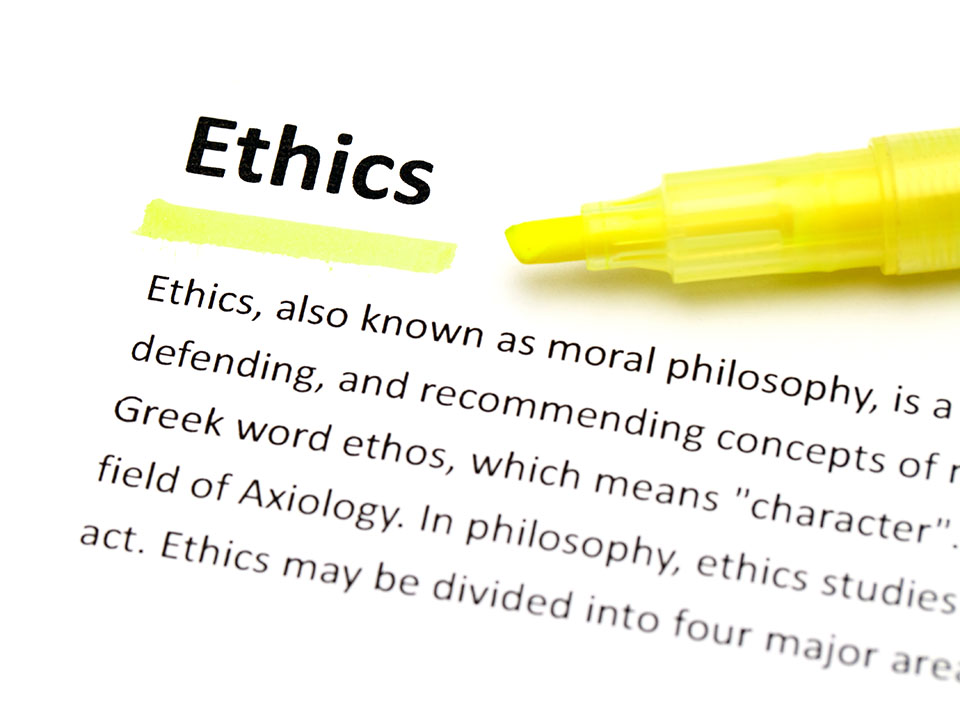Journalists hold an increasingly important role in society—they take responsibility for reporting events and sharing happenings with the general public. Most news you take in is written and researched by a journalist. As you work to become an informed citizen and parse fact from fiction, knowing the principles that journalism operates on can help you decide whether you trust the work of a particular journalist.
What are the nine principles of journalism?
The American Press Association has laid out nine principles of journalism, which work in tandem to create trustworthy reporters with the public’s best interests at heart. The principles are as follows:
- Journalism’s first obligation is to the truth: Democracy is reliant on citizens having factual information at hand. While journalists do not necessarily dive deep into facts outside their expertise, they do their best to present truth in a practical sense.
- Its first loyalty is to its citizens: While news companies answer to people like shareholders, each journalist must remember they answer to the citizens they write to.
- Its essence is a discipline of verification: Journalists are obligated to seek out all sides of a story, not just the one best fitting with their own views. This helps avoid bias.
- Its practitioners must maintain an independence from those they cover: With too much at stake, a journalist may be unable to report fairly on a case they have personal involvement in.
- It must serve as an independent monitor of power: Because of this, journalists should not change facts or reporting for monetary gain. They help even the power imbalance between a government and its people.
- It must provide a forum for public criticism and compromise: Discussion is best held when all information is present and allows for opinions on all sides to have their place.
- It must strive to make the significant entertaining and relevant: “Journalism is storytelling with a purpose,” according to the American Press Association. Those telling the stories must do so in a way that expresses the importance of the matter to their audience.
- It must keep the news comprehensive and proportional: Items must not be blown out of proportion or kept out of the news reporting for any reason.
- Its practitioners must be allowed to exercise their personal conscience: If a journalist feels fair and accurate reporting is not taking place, they have a responsibility to speak their mind on the topic and advocate for better practices. This responsibility should be respected by those who employ journalists.
Why do journalistic principles matter?
As you read the list of journalistic principles above, you may already be thinking of news outlets or even particular journalists that don’t seem to follow said principles. With those standards in play, however, you’re more likely to find unbiased news sources with reporters who truly care about the issues they give information on. While it can be difficult to determine whether a journalist is following these fundamentals without knowing them in person, you can view a reporter’s entire body of work and hopefully see whether their writing is fair and accurate.
How journalistic principles affect unbiased news
When the principles of journalism are discarded, news suffers. Financial gain becomes the prime motivator for reporters and news companies alike, leaving a population to suffer without understanding what’s happening in their city, their country, or the world as a whole.
At Policy vs Politics, you’ll find information that’s always backed by sources. While we aren’t journalists, it’s common for those researching different viewpoints on particular policies to look into what top journalists are saying on the matter. Ensuring the principles of journalism are in play can help you know where to look for reliable sources.
Want to read more? Try our blog post on fact-checking or unbiased news.

